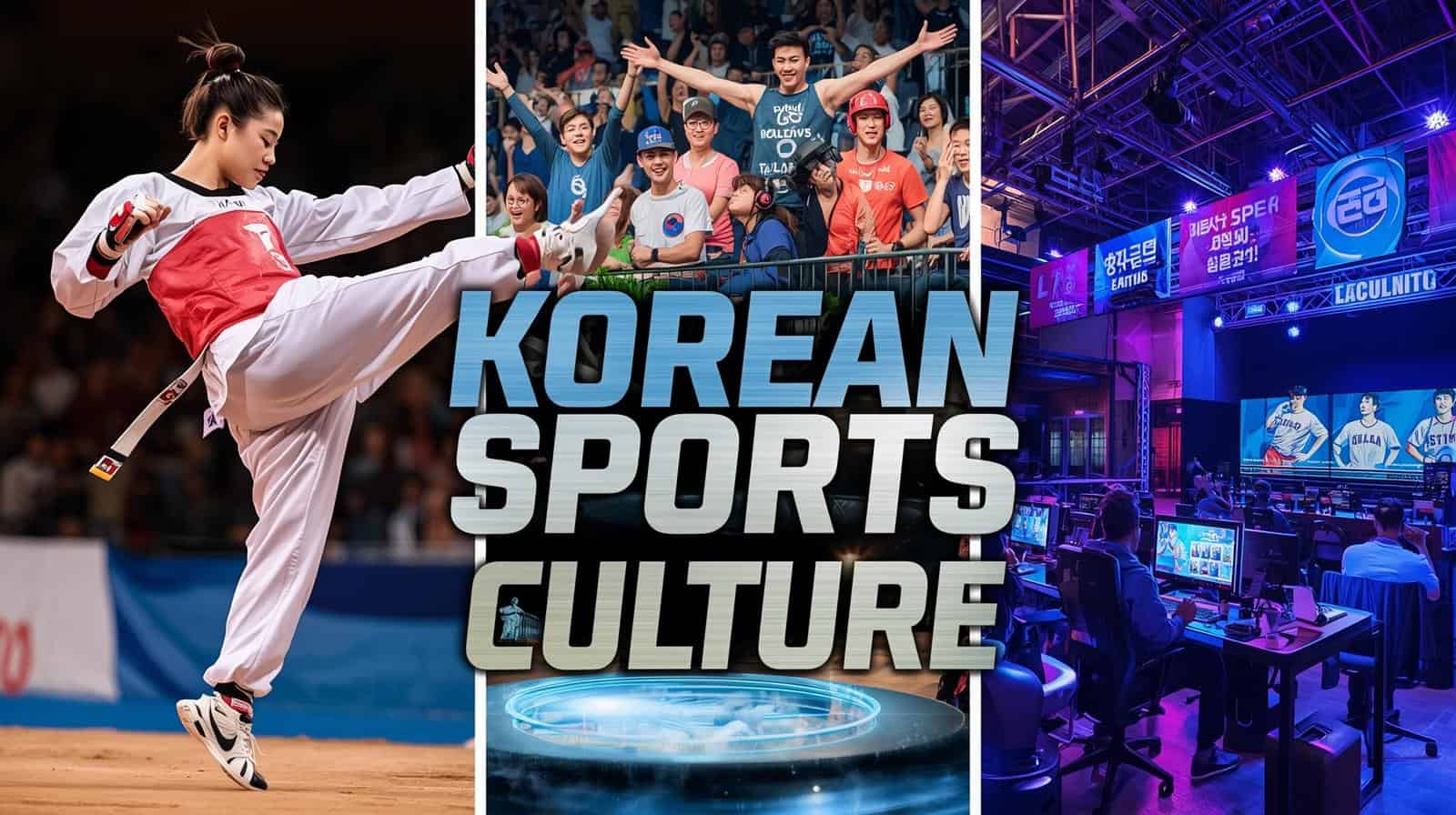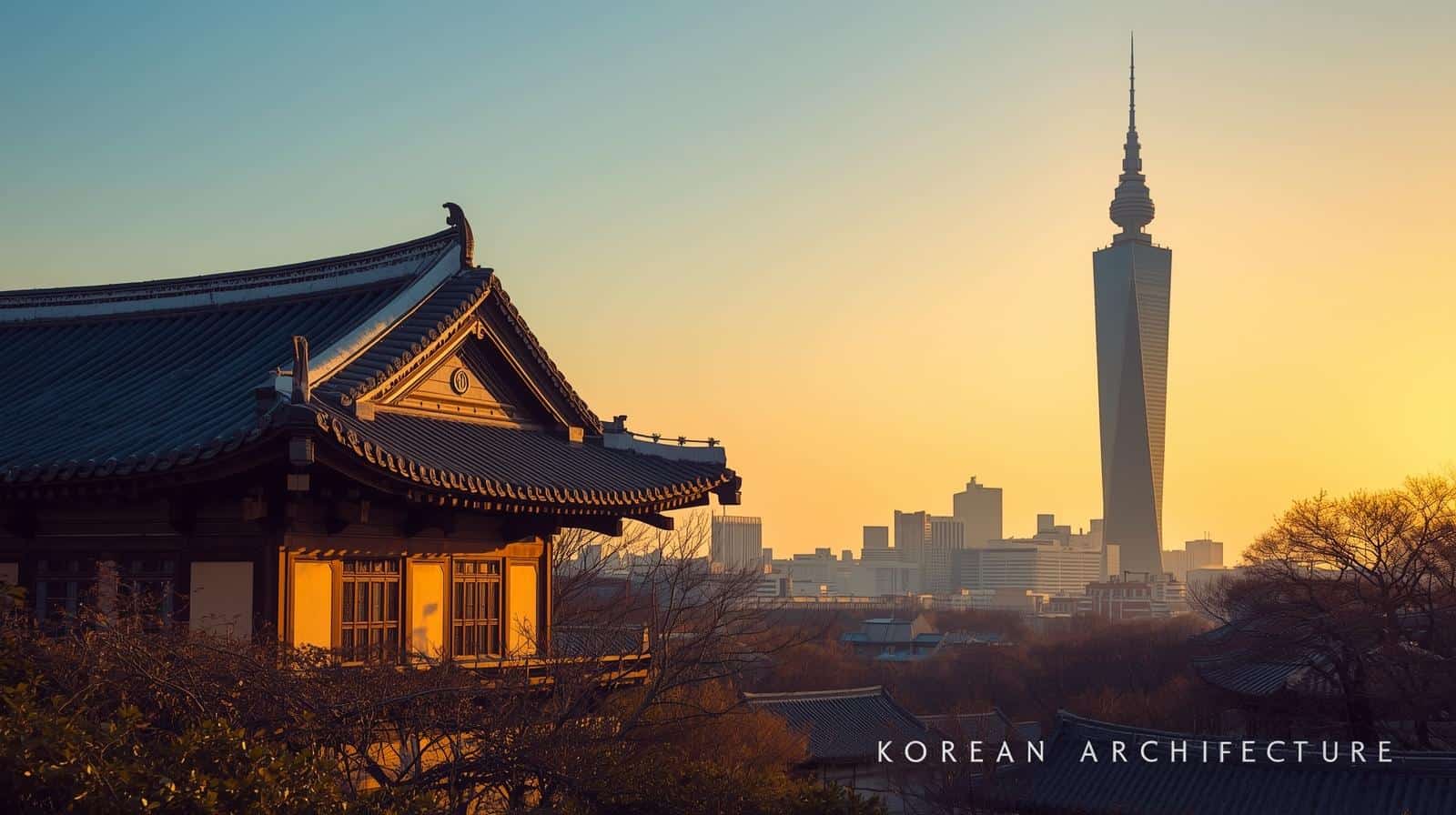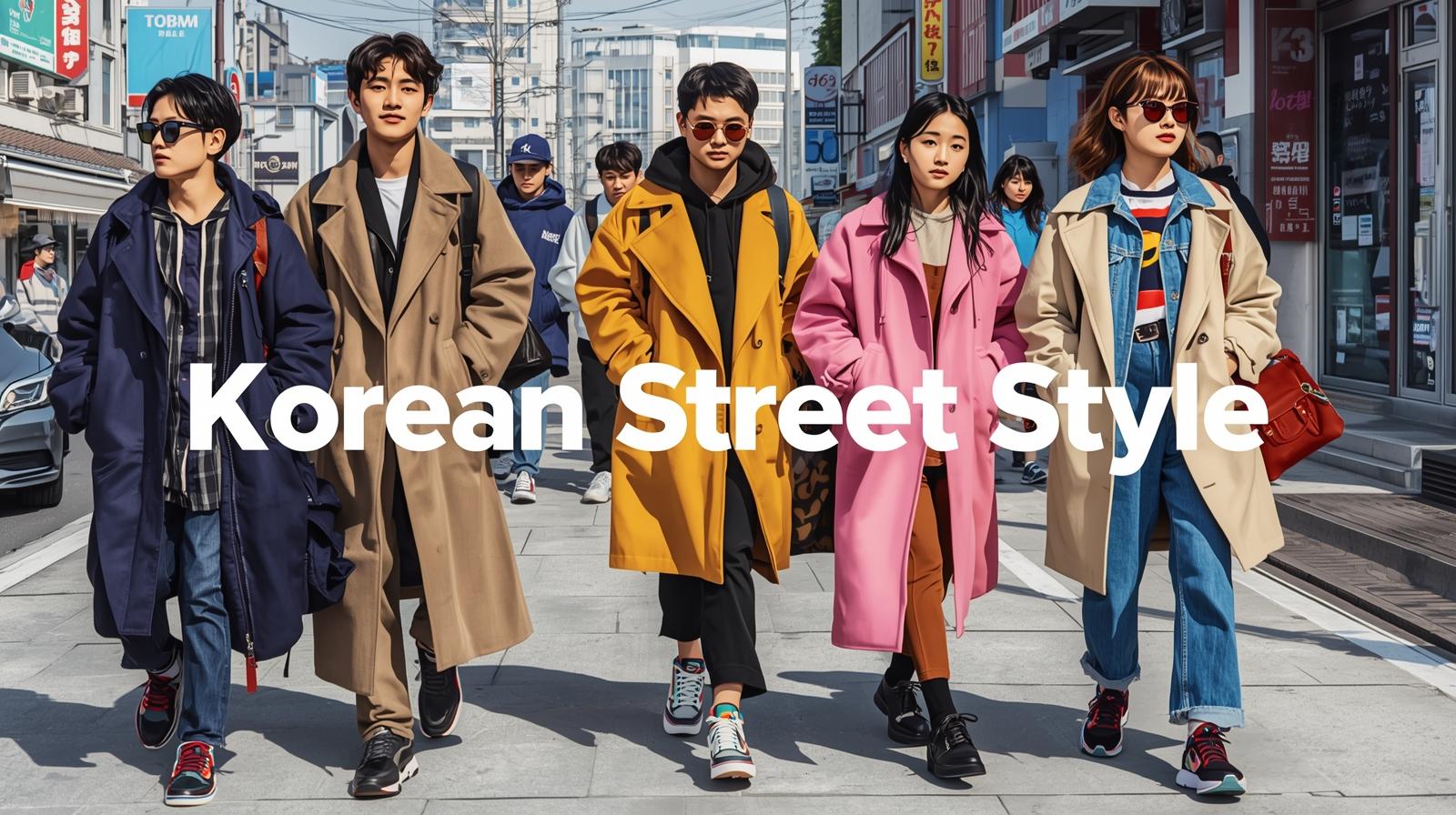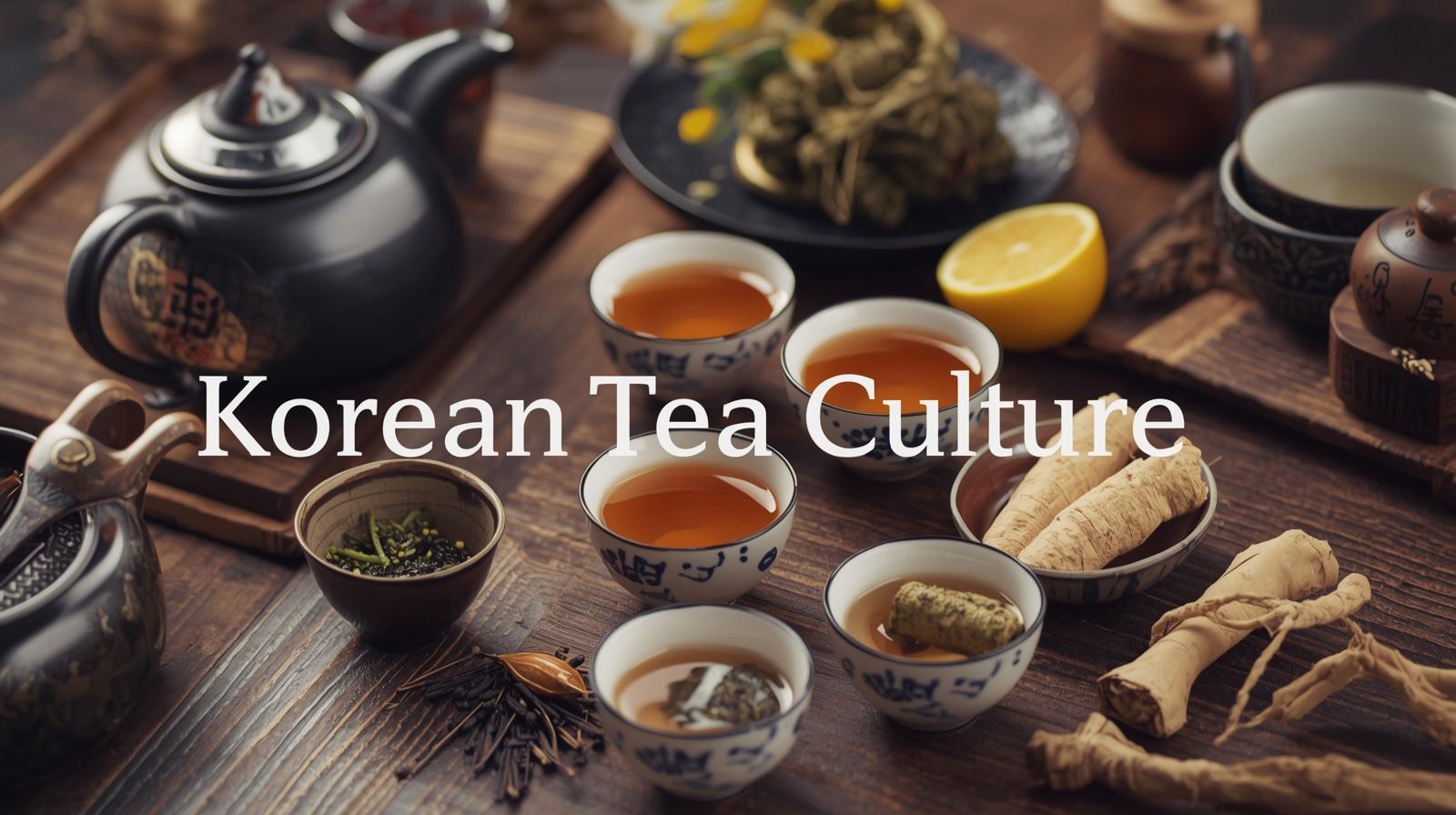Author: K-Trend Explorer
-

K-Pop Demon Hunters: Where Music Meets Magic in Seoul
When Music Becomes a Weapon — The World of K-Pop Demon Hunters Seoul has always been alive — glowing signs, endless rhythm, and crowds chasing dreams under neon skies.But in K-Pop Demon Hunters, the city beats differently.Here, every melody hides a secret, and every concert stage might just be the front line of a battle…
-

Korean Sports Culture: From Taekwondo to Esports
Why Sports Matter in Korean Society Sports in Korea are more than games – they represent pride, discipline, and unity. From martial arts passed down for centuries to modern esports tournaments filling stadiums, sports reflect both tradition and innovation in Korean life. Traditional Korean Sports 태권도 (Taekwondo – Martial Art of Discipline) Taekwondo is Korea’s…
-

Korean Nature Escapes: National Parks and Mountains
Why Nature Is Central to Korean Life Korea may be known for its bustling cities, but its soul lies in the mountains and forests. With 70% of the country covered in mountains, hiking and exploring nature are part of everyday life. For Koreans, mountains are not only for exercise but also for spiritual reflection, relaxation,…
-

Korean Festivals of Light: Lanterns and Fireworks
Why Light Festivals Shine in Korean Culture In Korea, light is more than illumination – it symbolizes hope, celebration, and togetherness. Lanterns and fireworks brighten the night skies during festivals, bringing people together to share joy and reflection. Whether traditional or modern, these festivals are unforgettable highlights for travelers. Traditional Lantern Festivals 연등회 (Yeondeunghoe –…
-

Korean Architecture: From Palaces to Modern Design
Why Korean Architecture Stands Out Korean architecture is a blend of tradition, functionality, and beauty. From wooden palaces surrounded by mountains to futuristic skyscrapers lighting up Seoul’s skyline, Korean architecture tells the story of a nation that values both heritage and innovation. Traditional Korean Architecture Hanok (Traditional Houses) Hanok are traditional Korean houses designed to…
-
Korean Language and Hangul: A Gateway to Culture
Why Learning Hangul Matters Hangul, the Korean alphabet, is often praised as one of the most scientific writing systems in the world. Its simple structure allows beginners to learn the basics in just a few hours. But beyond practicality, Hangul carries deep cultural meaning. Learning Hangul is like unlocking the key to Korea’s history, traditions,…
-

Korean Hanbok: Tradition Meets Modern Fashion
Why Hanbok Is More Than Just Clothing The hanbok, Korea’s traditional attire, is more than a piece of fabric – it’s a story of identity, artistry, and cultural pride. With its flowing lines, vibrant colors, and symbolic details, hanbok represents both beauty and philosophy. Today, it bridges the gap between history and modern fashion, making…
-

Exploring Korean Festivals: Celebrations of Culture and Tradition
Why Korean Festivals Are Worth Experiencing Festivals in Korea are more than just events – they are celebrations of nature, history, and community. Each season offers something special, whether it’s spring blossoms, summer beaches, autumn harvests, or winter ice. Attending a Korean festival lets you see how tradition and modern fun blend into one unforgettable…
-

Korean Street Style: Fashion Trends from Seoul
Why Korean Street Style Influences the World Seoul is one of the fashion capitals of Asia, and Korean street style has become a global trendsetter. From K-Pop idols walking through airports to students hanging out in Hongdae, Korean fashion reflects confidence, creativity, and individuality. What makes Korean street style unique is its balance between effortlessness…
